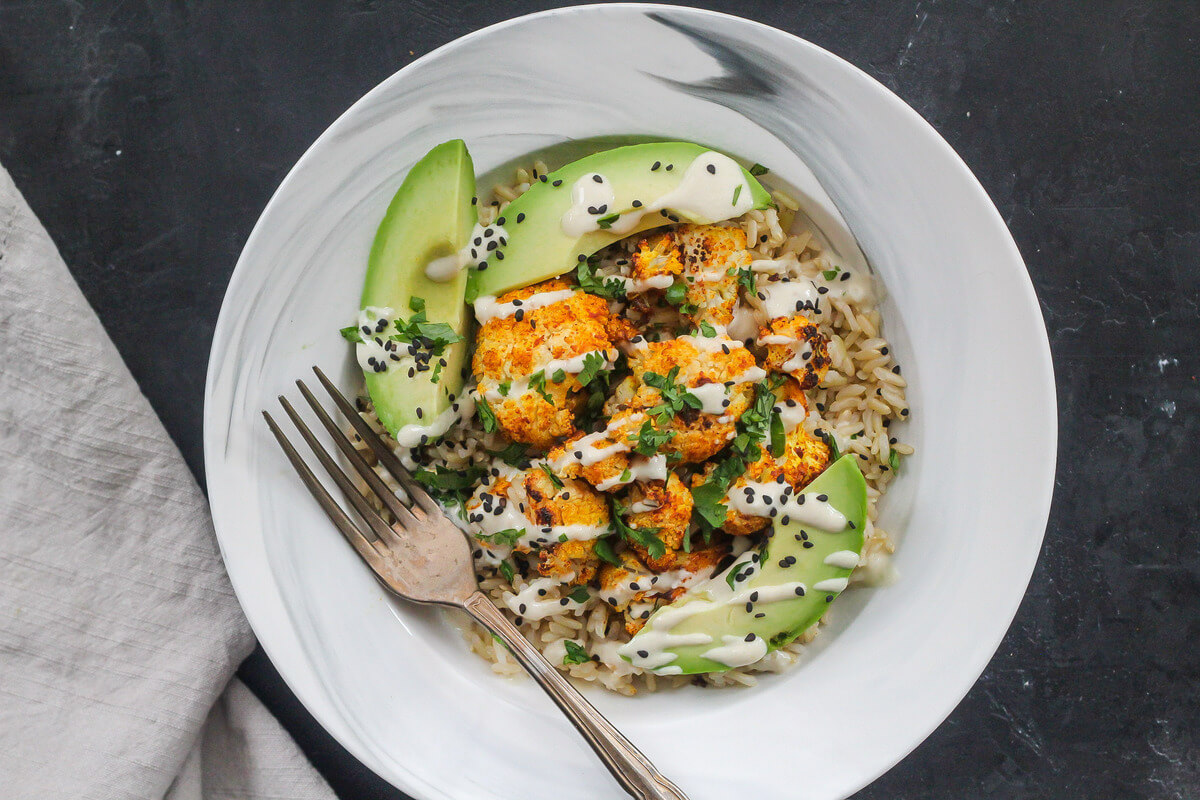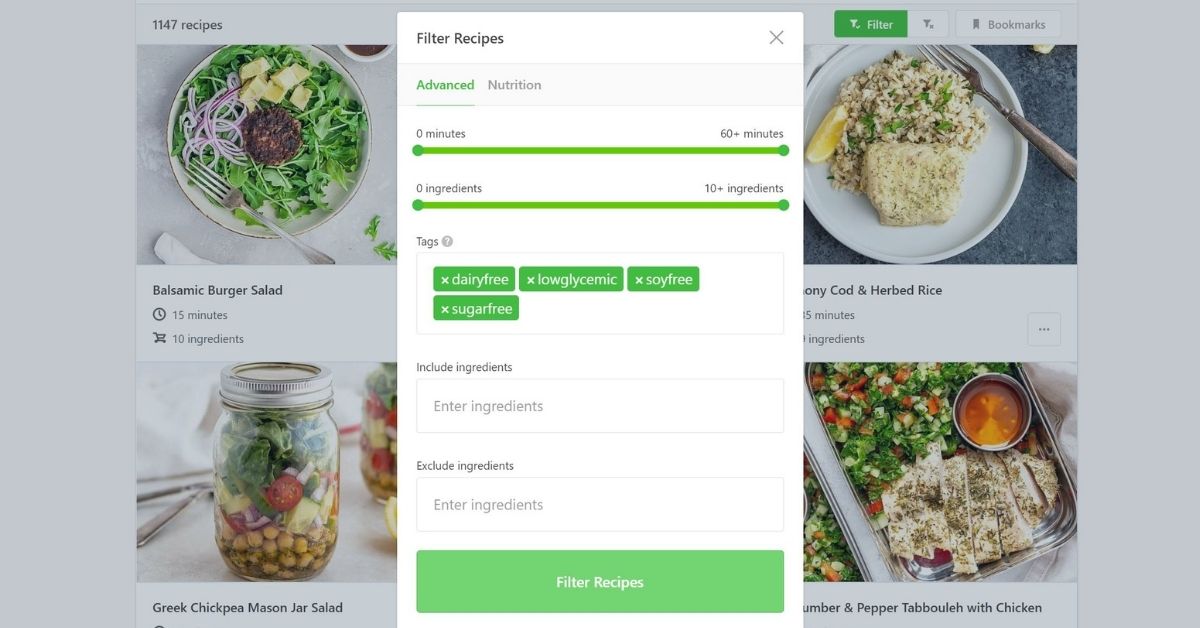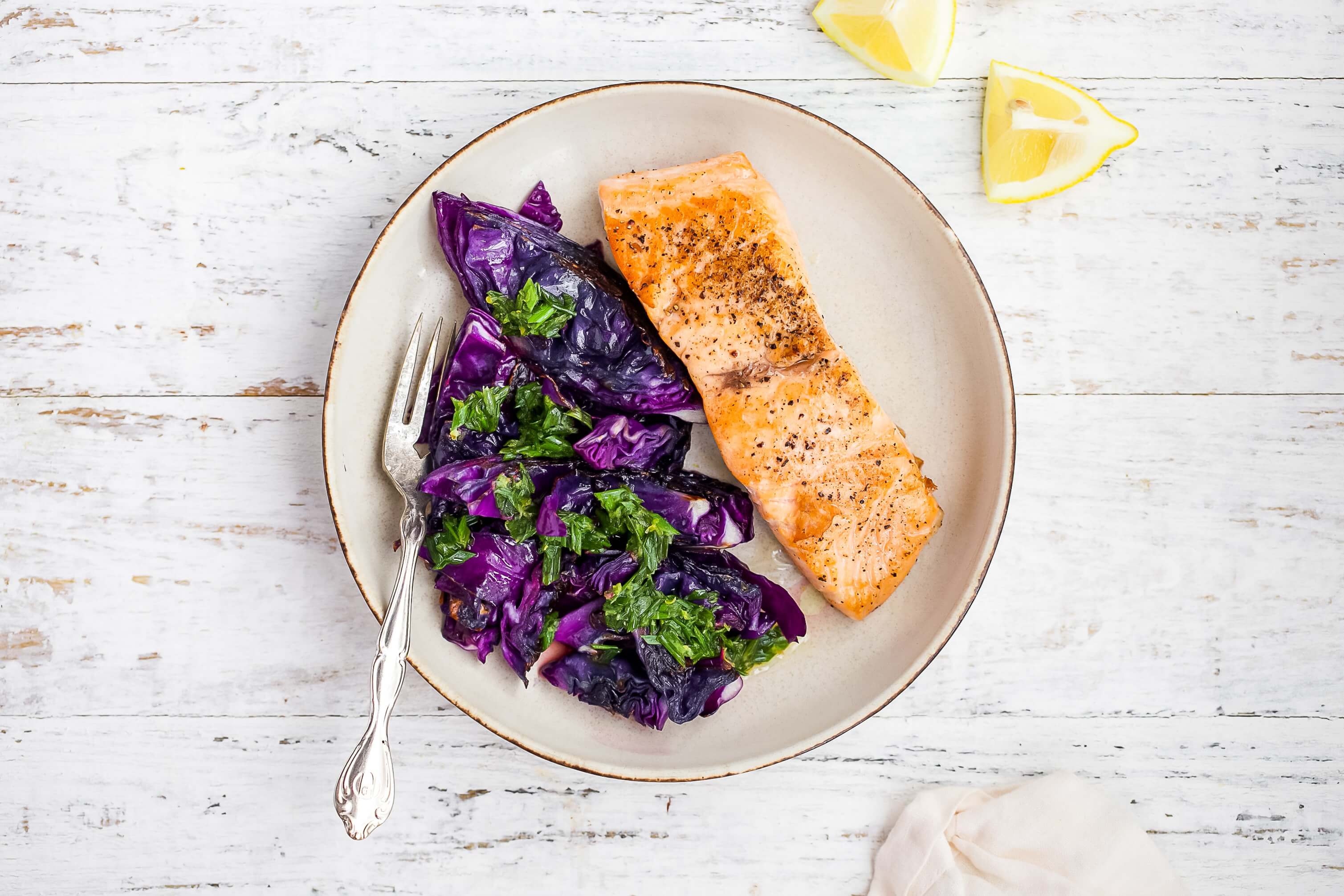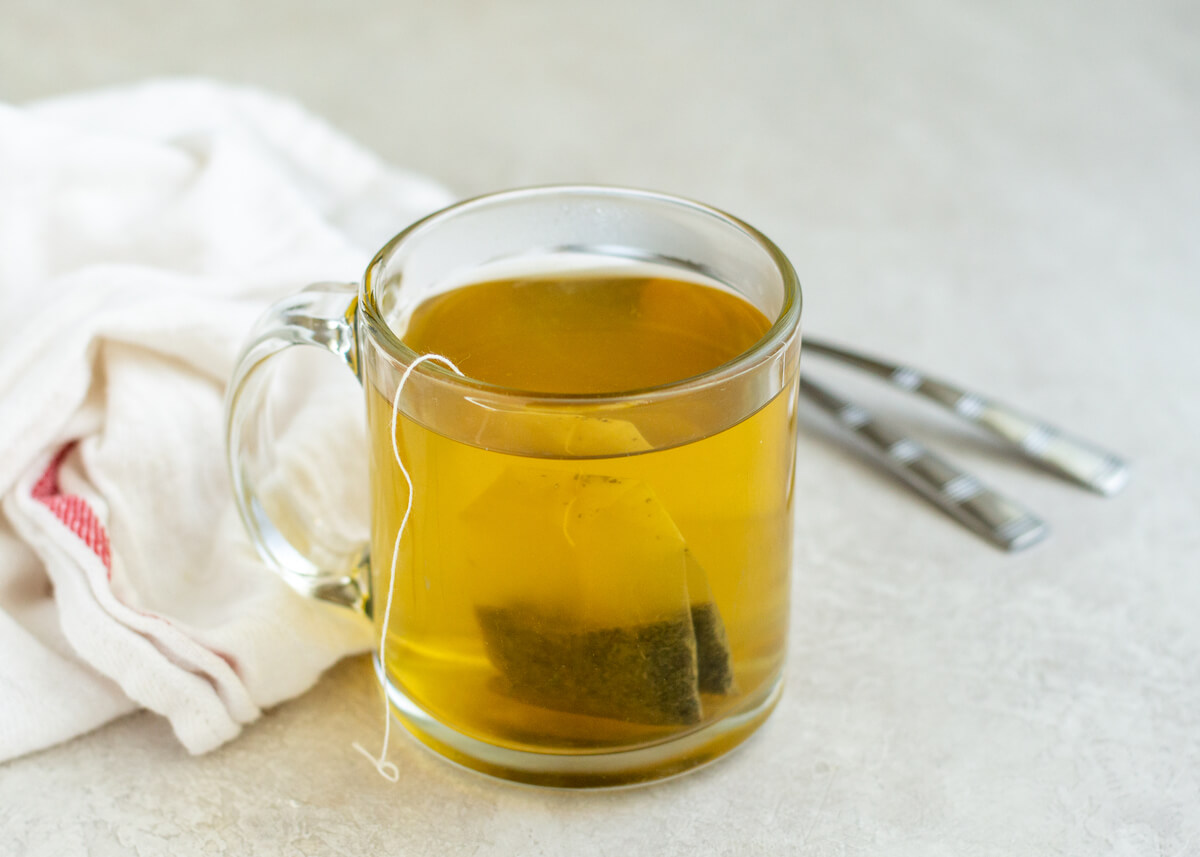Acne is the result of several factors such as genetics, hormonal fluctuations, stress, bacteria, and certain medications. Treatment options often include topical retinoids and oral medications, but diet is key too. As a nutrition professional, you have a tremendous opportunity to help clients struggling with acne.
Good news! That Clean Life now offers a Skin Health Program and Plant-Based Skin Health Program which are designed with five key considerations to help manage acne for your acne-prone clients. These programs include a 7-day meal plan, itemized grocery list, recipes, a prep guide, and supporting evidence. The program is fully customizable based on your client’s energy needs and preferences.
These are the key considerations our Skin Health Programs are built on:
Glycemic Index
The glycemic index (GI) is a scale that ranks a carbohydrate-containing food or drink by how much it raises blood glucose after it is consumed. Foods with a high GI increase blood glucose faster than foods with a low GI. A high GI diet has been shown to increase the hormone insulin-like growth factor 1 (IGF-1). This hormone influences insulin release and can worsen acne. Shifting your client’s diet to include high fiber, low glycemic foods can lead to improvements in glycemic control and acne management.

No Added Sugars
Sugary beverages and sugary products appear to be associated with increased acne in adults. There is some research to show that in acne-prone individuals, the consumption of chocolate can cause exacerbate acne. In addition to choosing low glycemic foods, limiting added sugars may be beneficial to reduce acne.
Dairy-Free & Soy-Free
Milk has been reported to increase IGF-1 levels and there is some evidence that dairy and/or milk consumption may initiate or aggravate acne. In addition to dairy, soy is sometimes linked to flare-ups due to a potential allergy. This program avoids these common food allergens and can be used to help identify potential food triggers.
You can try an elimination diet with your clients by cutting dairy and soy out completely and tracking how their skin reacts. If dairy and soy do not cause any changes in acne presentation, you can help your client re-introduce them to their diet.
Tip: Use the sugar-free, dairy-free, soy-free, and low glycemic filters within That Clean Life to easily find recipes that meet these exclusions or look for these tags on our recipes.

Zinc
Evidence suggests that zinc levels may be related to the severity and type of acne lesions. Zinc helps support our immune system, cell growth, and repair which could explain the connection to skin health. Our Skin Health Programs incorporate foods like oats, pumpkin seeds, coconut yogurt, and lentils to provide the recommended daily intake of this essential mineral.
Antioxidants
Low levels of the essential fat-soluble antioxidants vitamins A and E are linked to severe cases of acne, and vitamin C plays an important role in maintaining skin health and has good therapeutic potential in managing acne. Clients with acne may be able to lessen the severity of their acne by increasing their intake of certain fruits and vegetables containing these vitamins.
Tip: You can use find recipes high in zinc, vitamins A, C, and E (amongst other vitamins and minerals) using That Clean Life's filters.
Omega-3 Fats
Omega-3 fatty acids are known to decrease inflammation, and there is evidence that getting enough omega-3 fats and fish oil can improve acne severity, especially for individuals with moderate to severe acne. Foods high in omega-3s like salmon and tuna are included in our Skin Health Program to help your clients reach their daily intake.

Polyphenols
Epigallocatechin-3-gallate (EGCG), the major polyphenol in green tea, has potent anticarcinogenic, anti-inflammatory, and antimicrobial activities. It can modulate several key pathological factors of acne, including bacterial overgrowth. Turmeric contains curcumin, an anti-inflammatory agent which can improve glucose tolerance and insulin levels. Curcumin also acts synergistically with several antibiotics to inhibit the growth of some skin bacteria.
Tip: You can search for recipes with specific ingredients like green tea and turmeric using our filters.

Along with traditional acne treatments such as medications, diet can be used as a way to help control this condition. Lifestyle factors, such as smoking, alcohol use, stress, sleep, and skin care should also be discussed with your clients as these can affect acne severity.
If you are already a member of That Clean Life, you are ready to start creating your Skin Health Program right away! If you are not yet a member of That Clean Life, you can learn more and sign up here.

